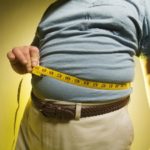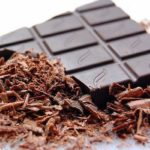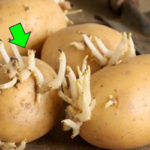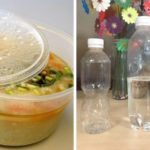Bubble tea has become an extremely popular drink in Vietnam. Many children and adults admit to being “addicted” to this beverage because of its appealing flavor. However, its consumption can have detrimental effects on one’s health if not enjoyed in moderation.
1 Why Does Drinking Bubble Tea Lead to Weight Gain?
According to the American Heart Association, women need approximately 25g, and men require about 37.5g of sugar for daily activities. However, one cup of bubble tea typically contains 50g of sugar, which is significantly more than the recommended amount.
When drinking bubble tea, many people also have the habit of adding tapioca pearls and other toppings. Research shows that tapioca pearls contain about 65% starch, which, after being digested, is converted into sugar by the body.
In terms of calories, one cup of bubble tea contains approximately 340 calories. So, if you drink 2-3 cups a day, the calorie intake increases significantly, along with the other food consumed throughout the day, leading to a surplus of calories that the body doesn’t need.
Therefore, drinking multiple cups of bubble tea in a day can result in an excess of sugar and calories that the body doesn’t require, especially for those who lead a sedentary lifestyle. Consequently, weight gain and increased abdominal fat are inevitable.
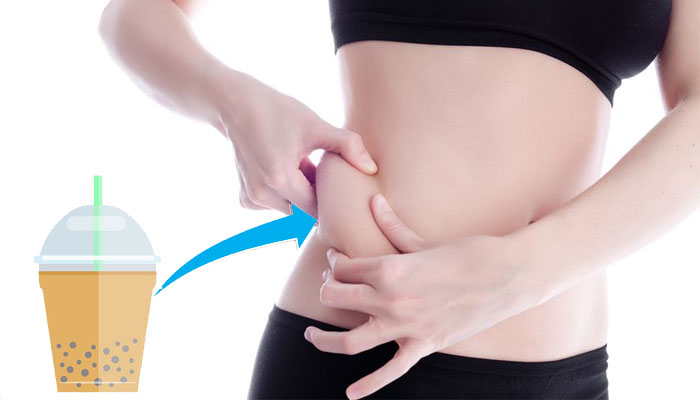 Drinking excessive bubble tea in a day can lead to weight gain and increased abdominal fat.
Drinking excessive bubble tea in a day can lead to weight gain and increased abdominal fat.
2 Main Ingredients in a Cup of Tapioca Pearl Bubble Tea
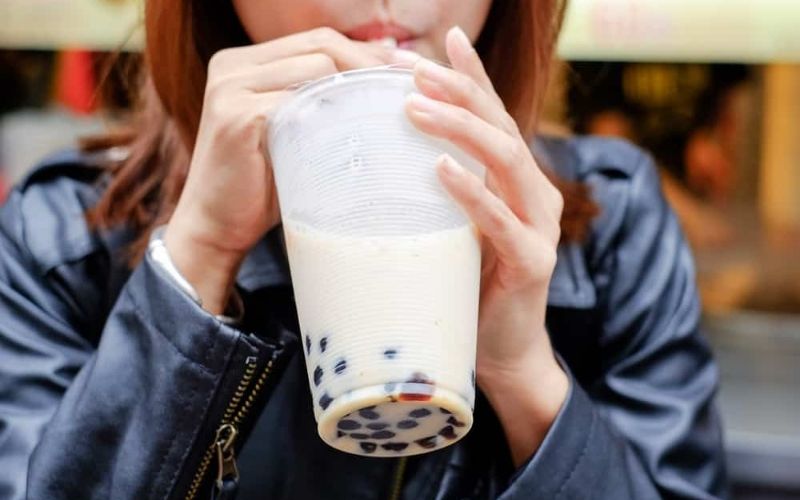 Main ingredients in a cup of bubble tea
Main ingredients in a cup of bubble tea
Tea
The tea used in bubble tea is usually black tea, green tea, or oolong tea, which contain antioxidants and have positive effects on health.
In reality, to enhance the flavor of the tea and attract consumers, sellers often add fragrances such as lotus, jasmine, or mint…
These fragrances often contain harmful chemicals of organic origin, such as penzylacetat and P-dimethoxy penzin, which can be detrimental to health when consumed in large quantities.
Additionally, for profit reasons, some bubble tea sellers may not use actual tea leaves but instead opt for chemical tea flavoring or tea soaked in harmful fragrances, which can pose a danger to consumers’ health.
Milk
To stimulate the palate and increase profits, bubble tea sellers often use fatty cream instead of milk.
Fatty cream contains a lot of hydrogenated vegetable oil, which can cause health problems such as: blood vessel blockage, increased bad cholesterol, and decreased good cholesterol.
Not to mention, the calcium, vitamin, and protein content in fatty cream are much lower than in fresh milk, which can lead to nutritional deficiencies.
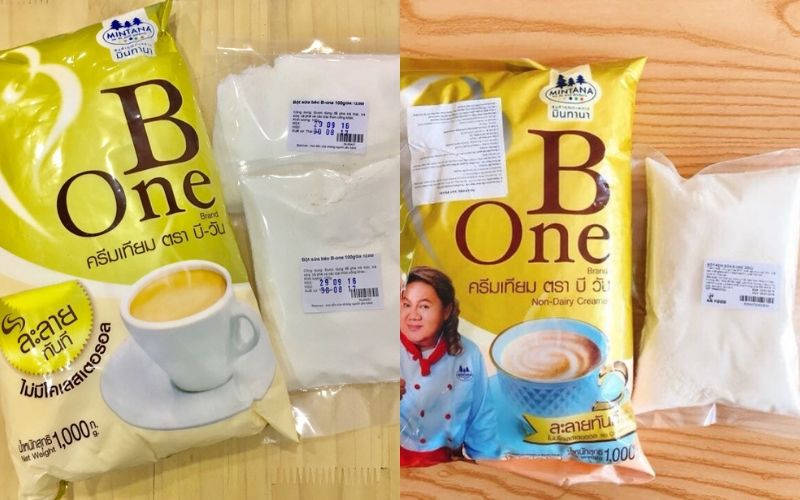 Milk is an essential component in bubble tea.
Milk is an essential component in bubble tea.
Tapioca Pearls
Tapioca pearls are mainly made from filtered starch or cassava starch (accounting for about 80% of the composition), condensed milk, and flavorings, and they contain almost no protein, vitamins, or any other nutrients.
Therefore, tapioca pearls provide a lot of energy but are almost completely devoid of essential vitamins and minerals, offering little to no nutritional value.
Sugar
Did you know that a cup of bubble tea can contain up to 50g of sugar? Meanwhile, according to the American Heart Association, the maximum daily sugar intake should not exceed:
37.5g/day (equivalent to 9 teaspoons of sugar, providing about 150 calories) for men.
25g/day (equivalent to 6 teaspoons of sugar, providing about 100 calories) for women.
Thus, you can easily see that drinking a cup of bubble tea can cause children to consume more sugar than their bodies need.
Other Toppings
Jelly, pudding, cream cheese, cocoa, whipped cream, and cake are all energy-rich but nutrient-poor food sources.
Therefore, drinking a cup of bubble tea means consuming a source of energy of up to 300 calories, equivalent to about 1/5 of the energy that an adult needs for an entire day.
3 Is Drinking Bubble Tea Good for You? The Negative Effects of Bubble Tea on Health
Bubble Tea Causes Insomnia
This is one of the most noticeable negative effects of bubble tea. The reason is similar to that of coffee; tea, specifically black tea, the type used in bubble tea, is rich in caffeine.
Drinking too much bubble tea, especially in the afternoon or evening, causes the body to absorb too much caffeine. This can lead to restlessness and insomnia.
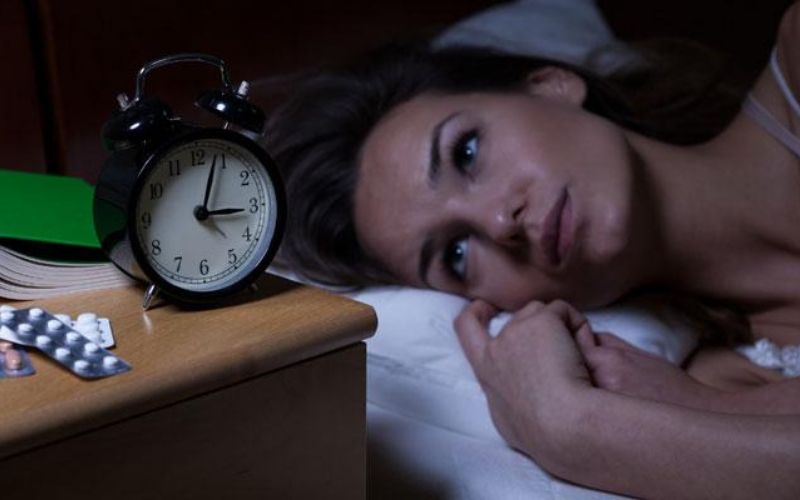 Bubble tea can cause insomnia.
Bubble tea can cause insomnia.
Food Poisoning
When sellers do not store bubble tea properly, use ingredients of unclear origin, or fail to ensure food safety and hygiene, it can cause food poisoning as harmful chemicals are ingested into the body, damaging the liver and kidneys and impairing their function.
Constipation
Tea contains theophylline, which has detoxifying effects, soothes the mind, relaxes muscles, and improves blood flow, benefiting health.
However, excessive theophylline intake from the tea and milk mixture can cause dehydration and lead to constipation.
Acne
One of the most unwanted side effects of bubble tea for young people is acne.
When you consume large amounts of bubble tea, your body heats up, disrupting the balance of substances in the body and causing acne breakouts. The most affected areas are usually the face, neck, and chest.
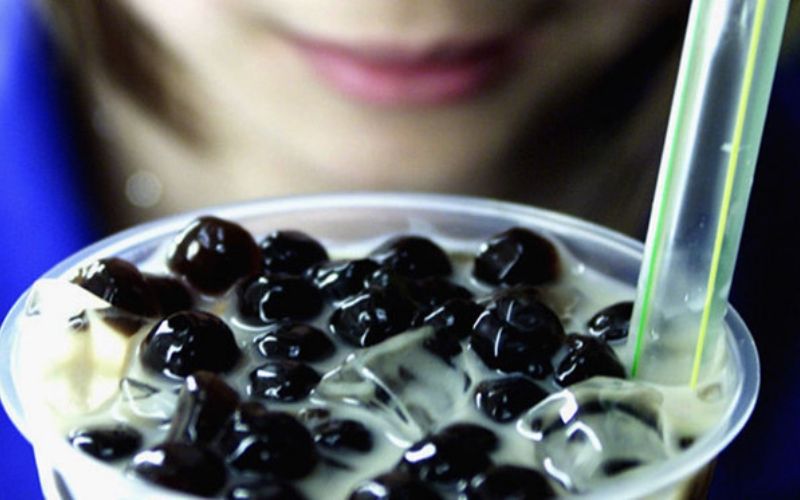 Bubble tea can cause acne.
Bubble tea can cause acne.
Risk of Infertility
The main component of bubble tea is hydrogenated vegetable oil, a type of trans fatty acid, which is even more harmful than animal fat.
Consuming too much of this acid can reduce male hormones and control sperm vitality, affecting the menstrual cycle in women.
Decreased Iron Absorption
Dr. Chu Minh Van emphasized that substances such as casein in milk, tannic acid in tea, or plant acids and fiber in plants, all hinder the absorption of iron.
For the body to absorb iron effectively, an acidic environment is necessary. However, the alkalinity in bubble tea neutralizes the acid in the stomach, thereby inhibiting iron absorption.
So, if you drink tea with every meal, iron absorption will be unintentionally hindered.
Bubble Tea Consumption Leads to Overweight and Obesity
Bubble tea contains a lot of sugar (over 50g) and energy (over 500 calories). If you regularly drink this beverage, you will face a high risk of becoming overweight or obese.
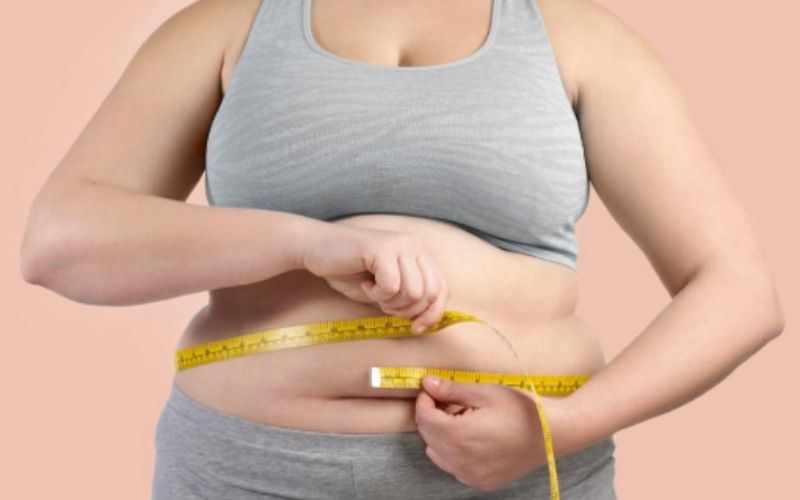 Drinking too much bubble tea can lead to weight gain.
Drinking too much bubble tea can lead to weight gain.
Blood Pressure Imbalance
One of the most dangerous side effects of drinking too much tea is blood pressure imbalance.
In small amounts, tea can improve blood circulation, maintain heart health, brain function, and nervous system, and boost the immune system.
However, consuming excessive amounts of tea through bubble tea will increase your heart rate, leading to high or low blood pressure due to tea’s relaxing effect.
Choking Hazard
In August 2018, in Ho Chi Minh City, an 11-year-old girl died from a tapioca pearl stuck in her throat, causing suffocation.
When children use a straw to suck hard on tapioca pearls or other chewy foods made from elastic dough, these particles can easily get lodged in the trachea, causing choking.
Diabetes
Bubble tea is a sugary drink rich in starch, so those at risk of diabetes or already suffering from the disease should avoid it to protect their health.
4 Solutions to Minimize the Negative Effects of Bubble Tea
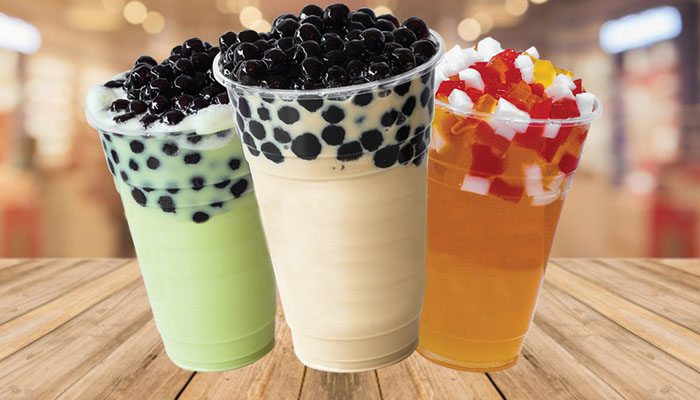 Measures must be taken to minimize the negative effects of bubble tea.
Measures must be taken to minimize the negative effects of bubble tea.
As mentioned above, bubble tea does not provide many nutrients, so here are some expert recommendations:
-
Choose a reputable store with a well-known brand and clear system. Avoid drinking bubble tea from street vendors, as it can help reduce the risk of weight gain and prevent health complications.
-
Do not drink bubble tea after a full meal, as it can affect digestion and also contribute to weight gain. It is best to wait for 2-3 hours after eating before consuming bubble tea.
-
Bubble tea comes in various sizes, so opt for a smaller cup instead of a large one to reduce the amount of sugar ingested.
-
When ordering bubble tea, request the lowest sugar level. Instead of 100% sugar, you can go for 65% or 70%.
-
Limit your consumption to one cup a day, and it’s even better to drink it every other day.
Use Low-Fat Milk Alternatives
You can replace regular milk with low-fat alternatives such as soy milk, nut milk, coconut milk, or other healthy milk options.
Reduce Toppings
Toppings also contain a lot of sugar or unhealthy sweeteners. So, consider skipping them altogether or reducing the amount you add to your drink.
Sometimes, the beverage you choose may be topped with whipped cream to create a creamy sensation. But these flavors only deceive your taste buds, leading to uncontrolled weight gain.
To avoid unwanted health complications, it is best to limit your bubble tea consumption or make your own at home during the holidays to ensure the safety of you and your family.
What You Need to Know About Chocolate
Despite its tasty flavor, there are long-standing concerns that eating too much chocolate may lead to weight gain and tooth decay. Despite this, chocolate continues to be a popular indulgence during holidays and a meaningful gift to share with loved ones. It is also a popular ingredient for beauty treatments.

























